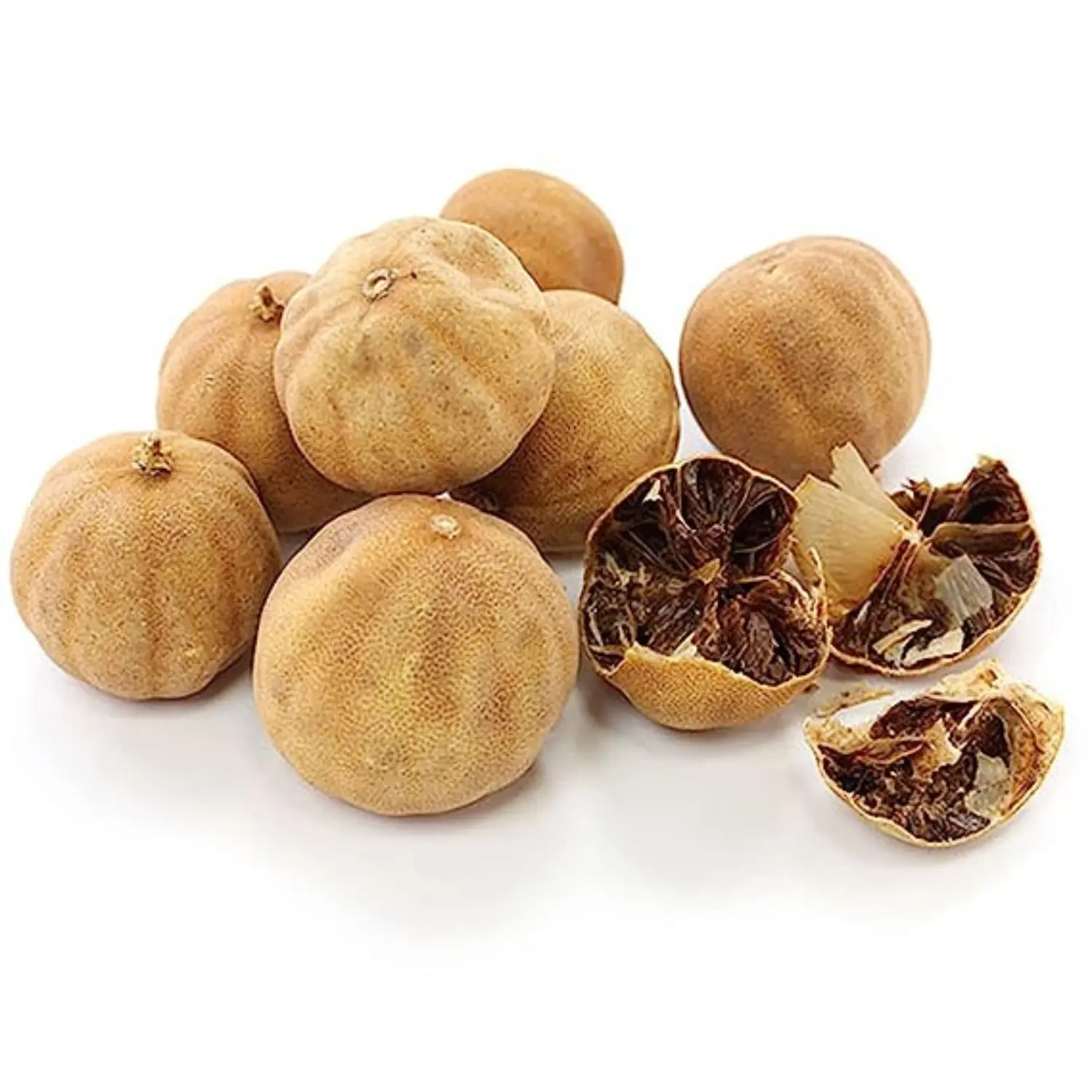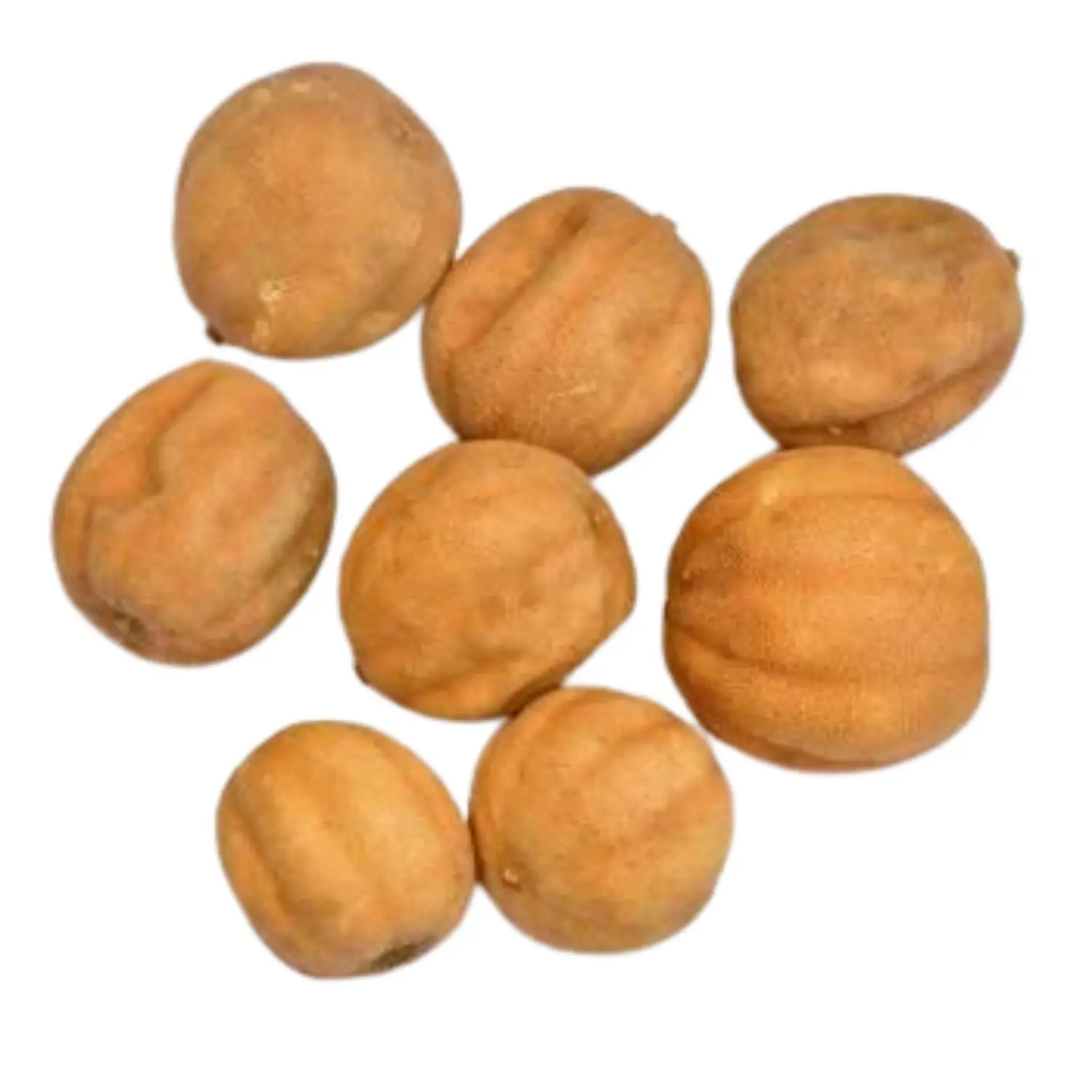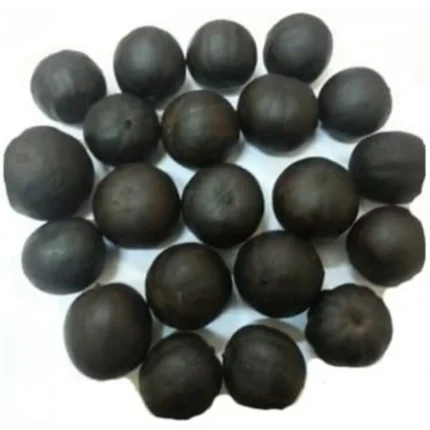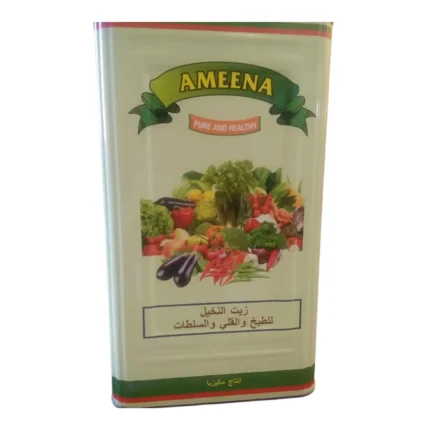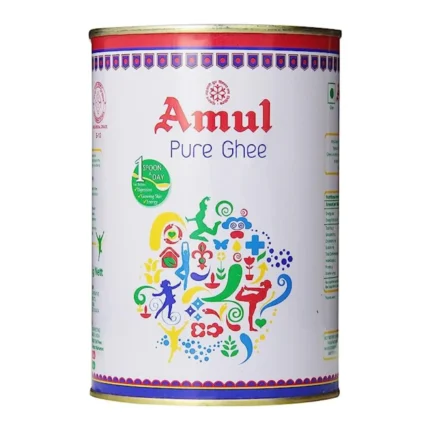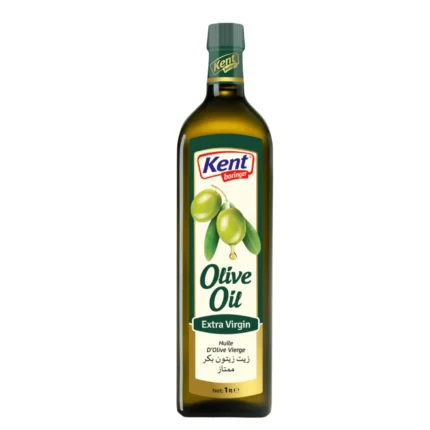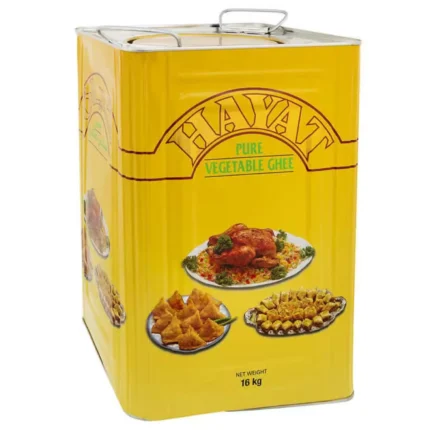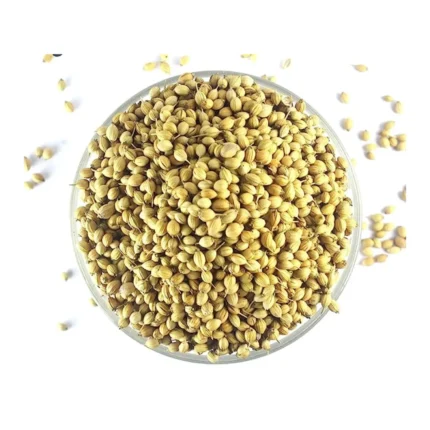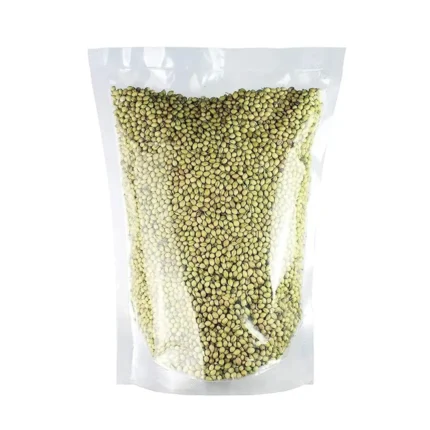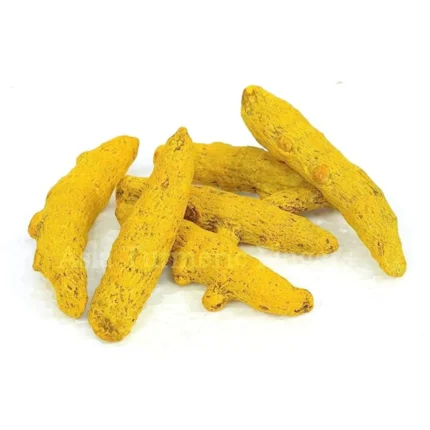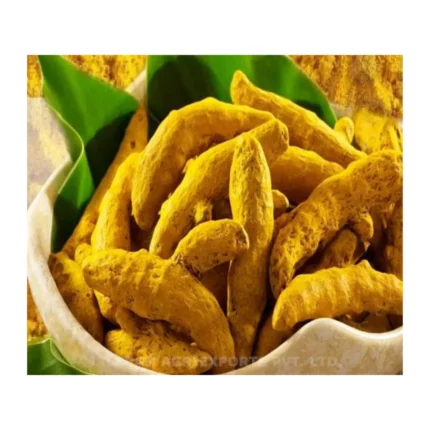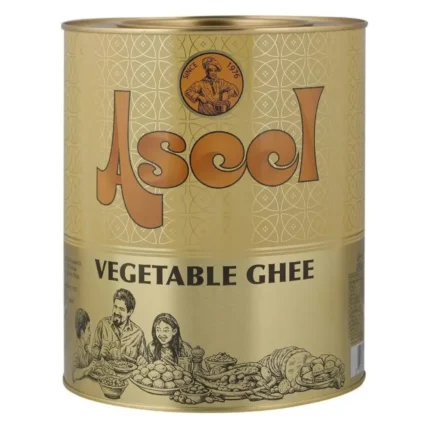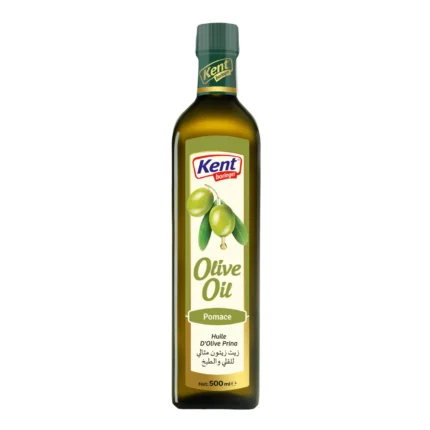Description
Dry lemon, also known as dried lemon or dried lime, refers to a preserved citrus fruit that has been dehydrated to remove its moisture content. The process involves slicing or quartering fresh lemons and allowing them to dry naturally or using specialized drying methods. As a result, the lemons become dry, lightweight, and have a longer shelf life compared to fresh lemons. Dry lemons are commonly used in Middle Eastern, North African, and Persian cuisines, where they add a unique and tangy flavor to various dishes. They are often used in savory recipes, including stews, soups, tagines, and rice dishes. The dried lemon imparts a slightly sour and citrusy taste, with hints of sweetness and bitterness, enhancing the overall flavor profile of the dish. The dried lemon’s flavor is distinct from fresh lemons, as the drying process intensifies its tartness and concentrates the natural oils and citrus notes. The dried lemon can be used whole or ground into a powder, depending on the desired application and intensity of flavor. When used whole, the dried lemon is typically pierced or cracked to allow its essence to infuse into the dish during cooking, and then removed before serving. A part from its culinary uses, dried lemons are also valued for their potential health benefits. Lemons are known for their high vitamin C content, antioxidant properties, and potential immune-boosting effects. While the drying process may slightly reduce the vitamin C levels, dried lemons still retain some of the beneficial compounds found in fresh lemons.


